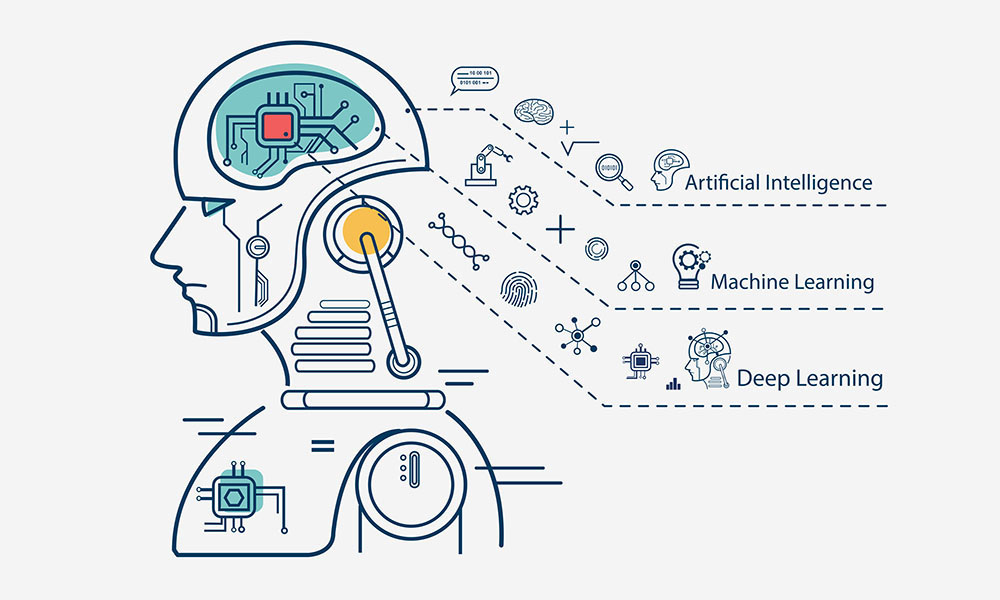
Man versus the machine
Artificial intelligence (AI) has long since stopped being the stuff of science fiction and is now a matter of everyday life. While the tech giants do their best to persuade people that their various assistants are utterly indispensable, automated checkouts in supermarkets take queues away from staffed tills – to put them in front of machine-operated tills.
AI has now reached a point that serious media outlets can run articles speculating how many human jobs “thinking computers” can replace and what this means for the future of humanity. The more cynical might point out that the fact that an “unexpected item in the bagging area” can lead to all kinds of disruption probably suggests that we are still some way off the holographic doctor seen in Star Trek Voyager, but is it really just a question of time before a large number of humans become unemployable?
History doesn’t necessarily repeat itself, but it often rhymes
The industrial revolution of the 18th and early 19th centuries was a period in which physical human labour was replaced by mechanical labour and, for many people, it was not an easy transition.
Machines “took over human jobs” and many people feared for their livelihoods, which, in practical terms, could easily mean their lives since this was long before the creation of the welfare state we know today.
The industrial revolution was marked by what we would now call “industrial action” as workers tried to protect their jobs. Their action was ultimately unsuccessful in that mechanisation is now an accepted part of life, but it was also, ironically, unnecessary since mechanisation has not brought about the end of all human jobs, it has simply changed them and, in many cases, for the better.
Mechanical strength takes the burden from humans
In the past, many manual jobs were a lot more physically demanding than they are now. These days, being a cleaner, for example, would probably still be considered a physically demanding job, but it’s a whole lot easier than it would have been in the days of washing tubs and wringers.
If history is any guide, future generations will come to see the use of AI in the same way as we now see the use of standard domestic appliances. In short, AI is probably going to be most effective when it is deployed for simple, repetitive, mundane tasks that humans often dislike because, unlike computers, humans experience boredom.
Humans are released for more productive endeavours
Would you really want to go back to managing your house without the benefit of standard domestic appliances? Would you really want to go back to managing your life without modern digital communications, productivity and organising tools? You almost certainly wouldn’t, probably because these free up your time and energy for you to use in more productive ways.
Early signs suggest that the development of AI will follow a similar path, taking over jobs humans don’t want to do and/or assisting humans to do their jobs more effectively, thereby freeing up their time for other purposes.



